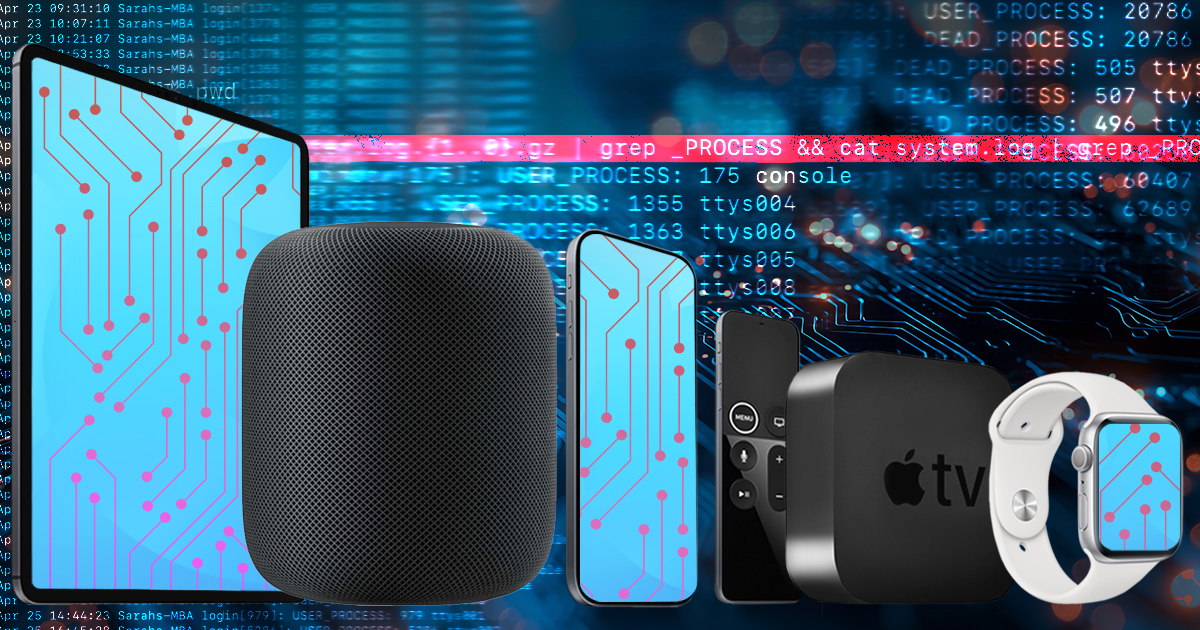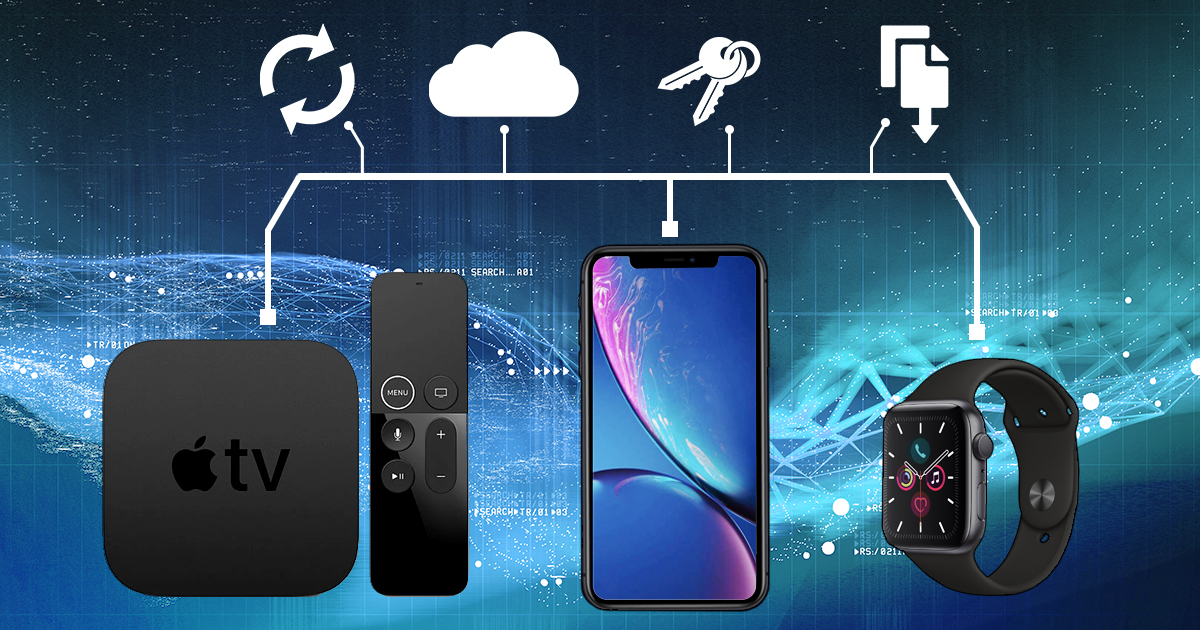When it comes to mobile forensics, experts are analyzing the smartphone itself with possible access to cloud data. However, extending the search to the user’s desktop and laptop computers may (and possibly will) help accessing information stored both in the physical smartphone and in the cloud. In this article we’ll list all relevant artefacts that can shed light to smartphone data. The information applies to Apple iOS devices as well as smartphones running Google Android.
desktop forensics, ECX, EIFT, EINPB, Elcomsoft Cloud Explorer, Elcomsoft Internet Password Breaker, Elcomsoft Phone Breaker, Elcomsoft Phone Viewer, EPB, EPPB, Mobile forensics
In iOS forensics, cloud extraction is a viable alternative when physical acquisition is not possible. The upcoming release of iOS 13 brings additional security measures that will undoubtedly make physical access even more difficult. While the ability to download iCloud backups has been around for years, the need to supply the user’s login and password followed by two-factor authentication was always a roadblock.
The cloud becomes an ever more important (sometimes exclusive) source of the evidence whether you perform desktop or cloud forensics. Even if you are not in forensics, cloud access may help you access deleted or otherwise inaccessible data.
iOS 13 is on the way. While the new mobile OS is still in beta, so far we have not discovered many revolutionary changes in the security department. At the same time, there are quite a few things forensic specialists will need to know about the new iteration of Apple’s mobile operating system. In this article, we’ll be discussing the changes and their meaning for the mobile forensics.
Apple iCloud, Apple iCloud Drive, EIFT, Elcomsoft iOS Forensic Toolkit, Elcomsoft Phone Breaker, Elcomsoft Phone Viewer, EPB, EPV, iCloud, iOS 13, macOS
We all know how much important data is stored in modern smartphones, making them an excellent source of evidence. However, data preservation and acquisition are not as easy as they sound. There is no silver bullet or “fire and forget” solutions to solve cases or extract evidence on your behalf. In this article, which is loosely based on our three-day training program, we will describe the proper steps in the proper order to retain and extract as much data from the iPhone as theoretically possible.


